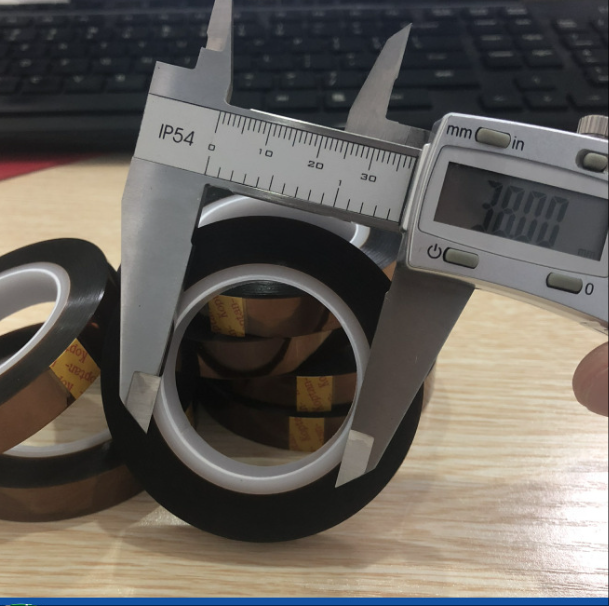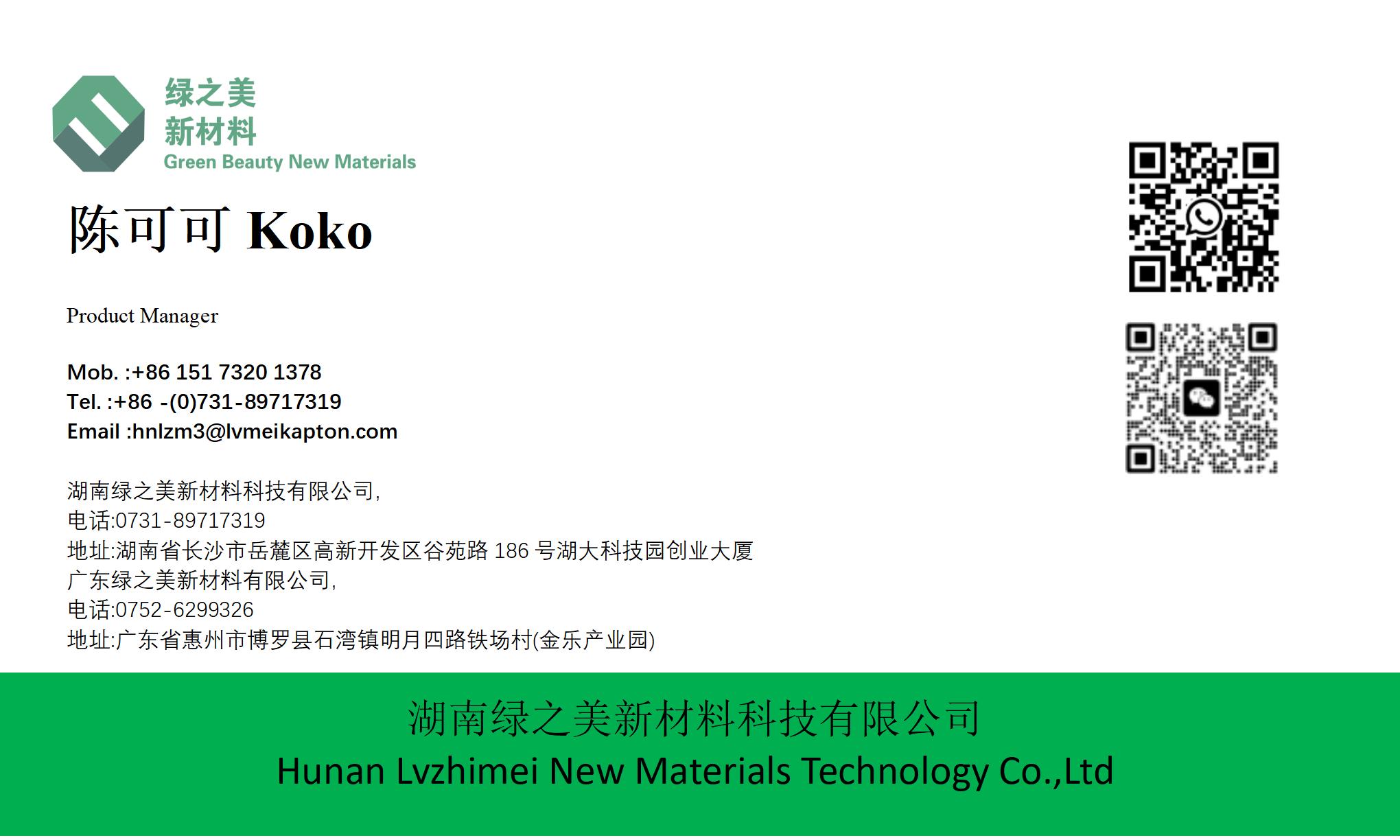



What Role Does Tensile Strength Play in Extending the Lifespan of Polyimide Tape for Gold Finger Protection? |https://www.lvmeikapton.com/
Polyimide tape is not merely a temporary manufacturing aid; in many electronics applications, it provides long-term protection for gold fingers against environmental stressors like moisture, dust, and thermal cycling. Here, tensile strength emerges as a key determinant of the tape’s service life, directly impacting its ability to maintain adhesion and barrier properties over time.
Gold fingers in devices such as servers, medical equipment, or consumer electronics are subject to repeated mating cycles (e.g., inserting/removing connectors), which exert mechanical stress on the protective tape. A tape with low tensile strength may degrade prematurely, cracking or delaminating under the strain of these cycles, thereby exposing the gold plating to wear and oxidation. High tensile strength ensures the tape retains its structural integrity, resisting撕裂 (tearing) even when flexed or stretched during use. For example, in automotive infotainment systems, where temperature fluctuations can cause materials to expand and contract, Kapton tape with superior tensile strength maintains its shape and adhesion, preventing gaps that could allow contaminants to penetrate.
Additionally, tensile strength correlates with resistance to creep—a phenomenon where materials slowly deform under constant stress. In applications involving prolonged pressure (e.g., stacked PCBs), low-tensile tapes may creep, leading to edge lifting and loss of protection. High-tensile polyimide tapes, by contrast, exhibit minimal creep, ensuring consistent coverage of gold fingers throughout the product’s lifecycle. For B2B buyers, this translates to reduced warranty claims and enhanced product reliability, as longer-lasting tape protection directly lowers the risk of gold finger failure and subsequent device malfunction.

Material | Temperature Resistance (°C) | Flexibility | Chemical Resistance | Electrical Insulation |
PI Tape | Up to 300°C | High | Excellent | Excellent |
Ceramic Tape | Up to 1000°C | Low | Good | Good |
Glass Cloth Tape | Up to 500°C | Medium | Good | Good |
Aluminum Foil Tape | Up to 200°C | Low | Fair | Poor |





